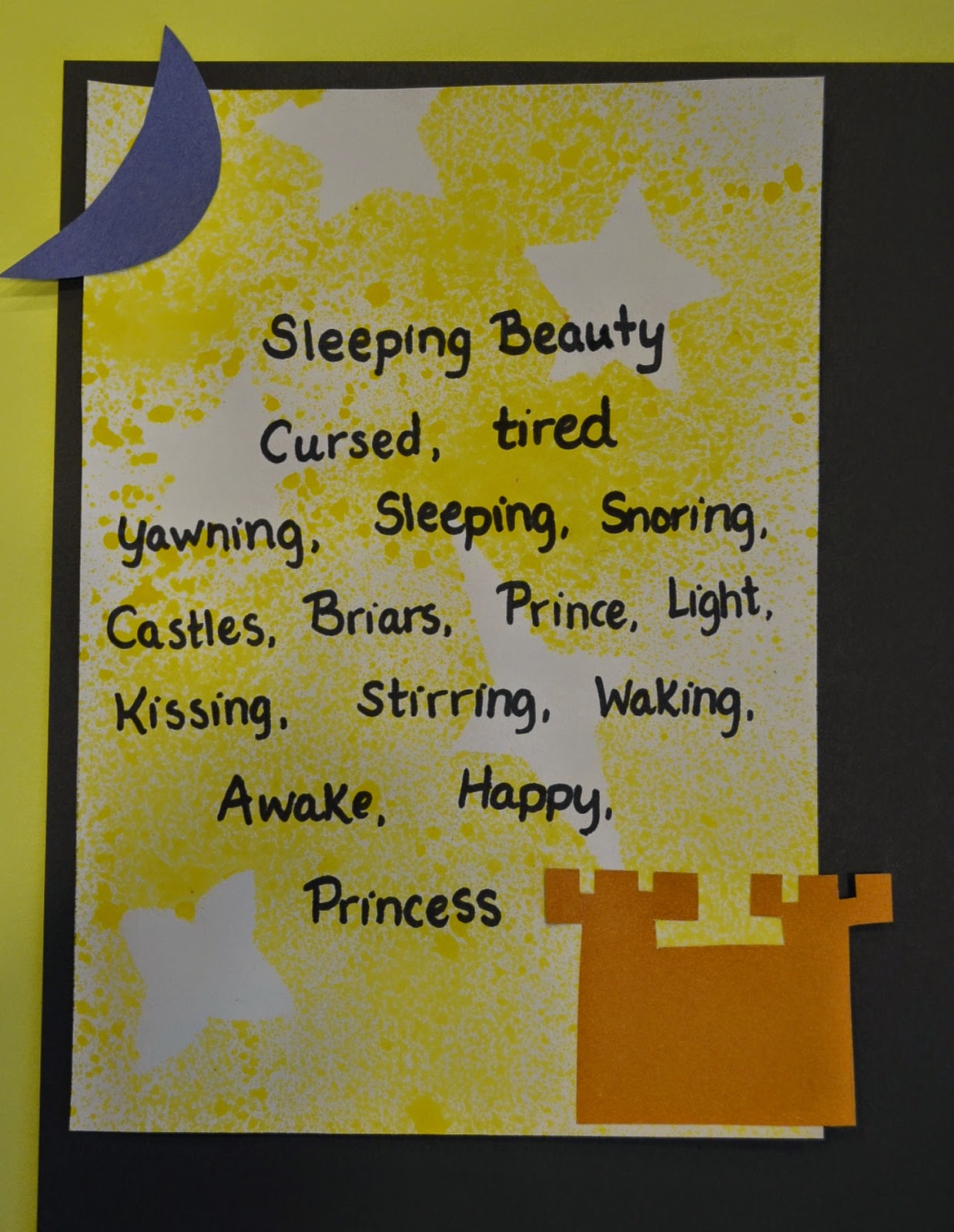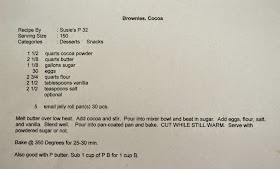
Stocking Stuffer #1 - Giving Back: Favorite Math Books & Games
It's no secret that I'm obsessed with math-related children's literature. Even if your Christmas shopping is finished, you still have plenty of time to grab the gigantic list and head to the library to check out a stack of favorite books to share with a child.
 Since we are a big game family, I've also compiled a list of favorite Math Toys, Gifts, and Games. Chances are, some of these are in your closet. Why not pull them out to enjoy over holiday break? In the interest of minimalizing, you could pass around a set of games amongst friends.
Since we are a big game family, I've also compiled a list of favorite Math Toys, Gifts, and Games. Chances are, some of these are in your closet. Why not pull them out to enjoy over holiday break? In the interest of minimalizing, you could pass around a set of games amongst friends. In addition, this free Math Game List handout can be passed along to teachers, parents, and homeschoolers who are interested in enriching children's math experiences at home through simple card and board games. This list, which also includes a few game-like activities, could be used in a variety of ways:
- letter home to families at end of school year
- math center ideas for school or homeschool
- early-finishers list
- a checklist for summer fun

Stocking Stuffer #2 - Math Tip: Gingerbread Math
Here's a timely online activity for young mathematicians. On Topmarks Maths: Gingerbread Man Game, students can choose from the following:
 matching written numbers to dots
matching written numbers to dots- ordering #s of dots by quantity
- counting
- sequencing numbers
- counting with one-to-one correspondence
Since we've been using clocks as a model for learning fractions, I thought it might be fun to make Flip Books...in this case, mini books in which fractions appear to move, getting either bigger or smaller (depending upon the order in which you compile the pages.)
The pdf comes with 3 pages of "clock friendly" fractions. (23 fractions with an extra blank one, just in case.) At right, you see several samples of Flip Book cards. The assignment asks students to:
- Color each given fraction. The cards come with numbers and blank clocks.
- Cut out the cards.
- Sequence the cards. They are purposely printed out of order. The set includes equivalent fractions that must be placed sequentially.
- Staple into a Flip Book.
One of my students made a little stop action video to demonstrate...AKA, the "Separatists' evil clock plans..."
Visit all 23 of these math bloggers for fabulous tips and freebies! Just click on the calendar squares to link to individual blogs. Happy Holidays!













































